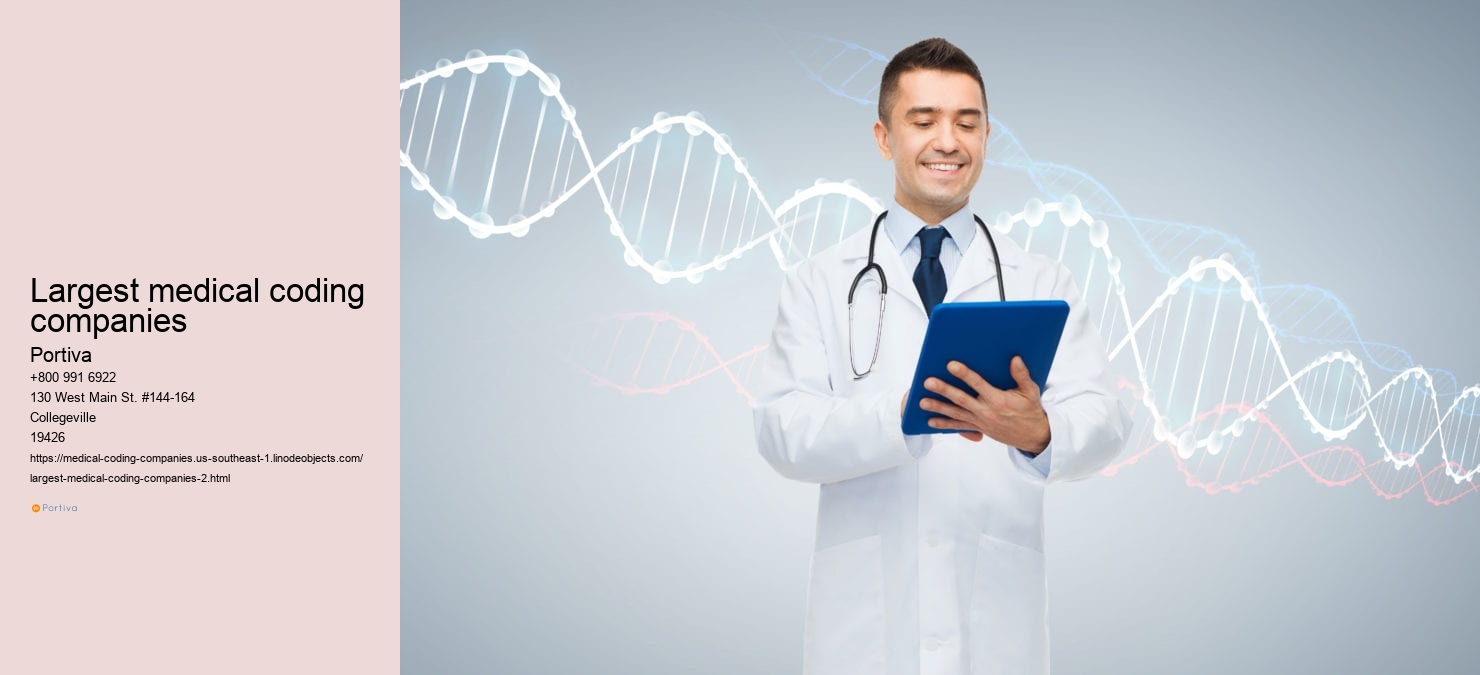While medical coding licenses are not required in the USA, medical coders should stay up to date with state regulations and guidelines, and continuous education to ensure they provide accurate and timely coding services for medical facilities and healthcare practitioners. Medical coders, who are trained and certified by organizations like AAPC coding, are essential to ensuring that medical data is properly coded, accurately recorded and processed in a timely manner. However, the Registered Health Information Technician (RHIT) certification from the American Health Information Management Association (AHIMA) is well-known and esteemed as one of the best in the field. In this article, we will look at the medical coding industry in the US, the duties of medical coders, the education requirements for medical coders, and the legal framework controlling medical coding. An individual who has earned a certification in medical coding exhibits a certain level of professionalism and ability, proving that they are qualified to carry out their job responsibilities effectively. According to the US Bureau of Labor Statistics, employment of medical coders is projected to grow by 8% between 2019 and 2029. The Certified Inpatient Coder (CIC), Certified Risk Adjustment Coder (CRC), and Certified Professional Medical Auditor (CPMA) certification programs are additional ones offered by AAPC Coding. Among these professionals, medical coders play a crucial role in ensuring that the proper medical procedures and billing codes are used for every patient encounter. Medical coding is a crucial element in the quickly evolving healthcare industry. The CPC certification is a valuable credential that increases the likelihood of being hired by reputable medical coding companies and demonstrates a high level of knowledge and expertise.
medical coding companies
